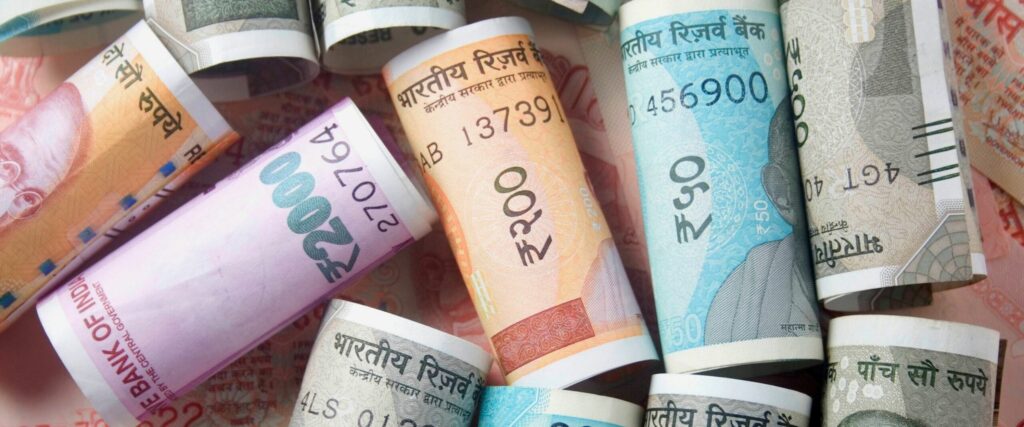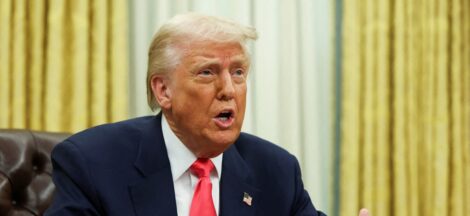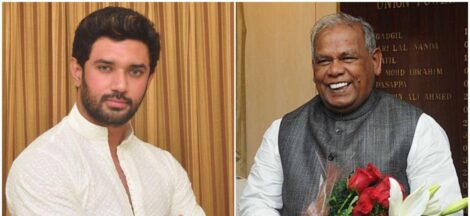The Supreme Court of India has postponed hearings on petitions seeking a review of the 2022 verdict concerning the Prevention of Money Laundering Act (PMLA). The bench, led by Chief Justice D.Y. Chandrachud, announced that the hearings will now take place on October 16 and 17, citing the need for adequate preparation time for both parties involved.
The 2022 ruling, which has drawn significant attention, upheld various provisions of the PMLA, sparking debates over its implications for civil liberties and the enforcement of anti-money laundering laws. The decision faced criticism from several legal experts and civil rights advocates, who argue that it potentially undermines fundamental rights and due process.
Prominent legal figures have underscored the importance of this upcoming hearing, noting that the court’s reevaluation could have far-reaching consequences for the interpretation and application of the PMLA. The law, which aims to combat money laundering and its associated financial crimes, has been a focal point in various high-profile cases, leading to intense scrutiny of its enforcement mechanisms.
At the center of the controversy is the provision that allows the Enforcement Directorate (ED) to conduct searches and seizures without prior approval from a magistrate. Critics argue that this provision infringes on individual rights and could lead to arbitrary actions by law enforcement agencies. They assert that such powers, if unchecked, may facilitate abuse and erode public trust in the justice system.
The Supreme Court’s earlier ruling reinforced the ED’s authority to act without judicial oversight, a decision that has been both supported and challenged in legal circles. Advocates for the law argue that the provisions are necessary for effectively combating money laundering, which has emerged as a significant threat to the financial stability of the nation.
The upcoming hearings are expected to address the broader implications of the PMLA and its enforcement. Legal analysts suggest that the court may consider arguments concerning the balance between effective law enforcement and the protection of civil liberties. The case has also attracted the attention of various political entities, with discussions emerging about potential legislative reforms to amend the PMLA in light of ongoing debates regarding its efficacy and fairness.
In preparation for the hearings, both the petitioners and the government are expected to present comprehensive arguments. Petitioners, including several individuals and organizations affected by the law’s provisions, will likely focus on the judicial oversight aspect, arguing for the necessity of checks and balances in enforcement actions. They are poised to present case studies illustrating instances where the absence of prior judicial approval has led to alleged abuses of power by the ED.
On the other hand, the government is expected to defend the PMLA as a vital tool in combating financial crimes. The prosecution may emphasize the increasing sophistication of money laundering operations and the necessity for robust legal frameworks to address these challenges effectively. Officials may argue that the current structure of the PMLA enables prompt action against money laundering schemes that threaten the economy.
As the hearing dates approach, discussions around the PMLA have intensified in both legal and public forums. Civil rights organizations are mobilizing efforts to highlight the potential dangers of expansive law enforcement powers, calling for a reassessment of the provisions that have come under scrutiny. Furthermore, social media campaigns are gaining traction, reflecting a growing public concern over the implications of the law for individual rights.
Legal experts are also watching closely for any signals from the Supreme Court regarding its stance on the balance between enforcing laws aimed at curbing financial crimes and safeguarding constitutional rights. Observers note that the court’s decision could set important precedents for future interpretations of similar laws, as well as influence public discourse on governance and accountability.




 Supreme Court YouTube Channel Hacked
Supreme Court YouTube Channel Hacked 